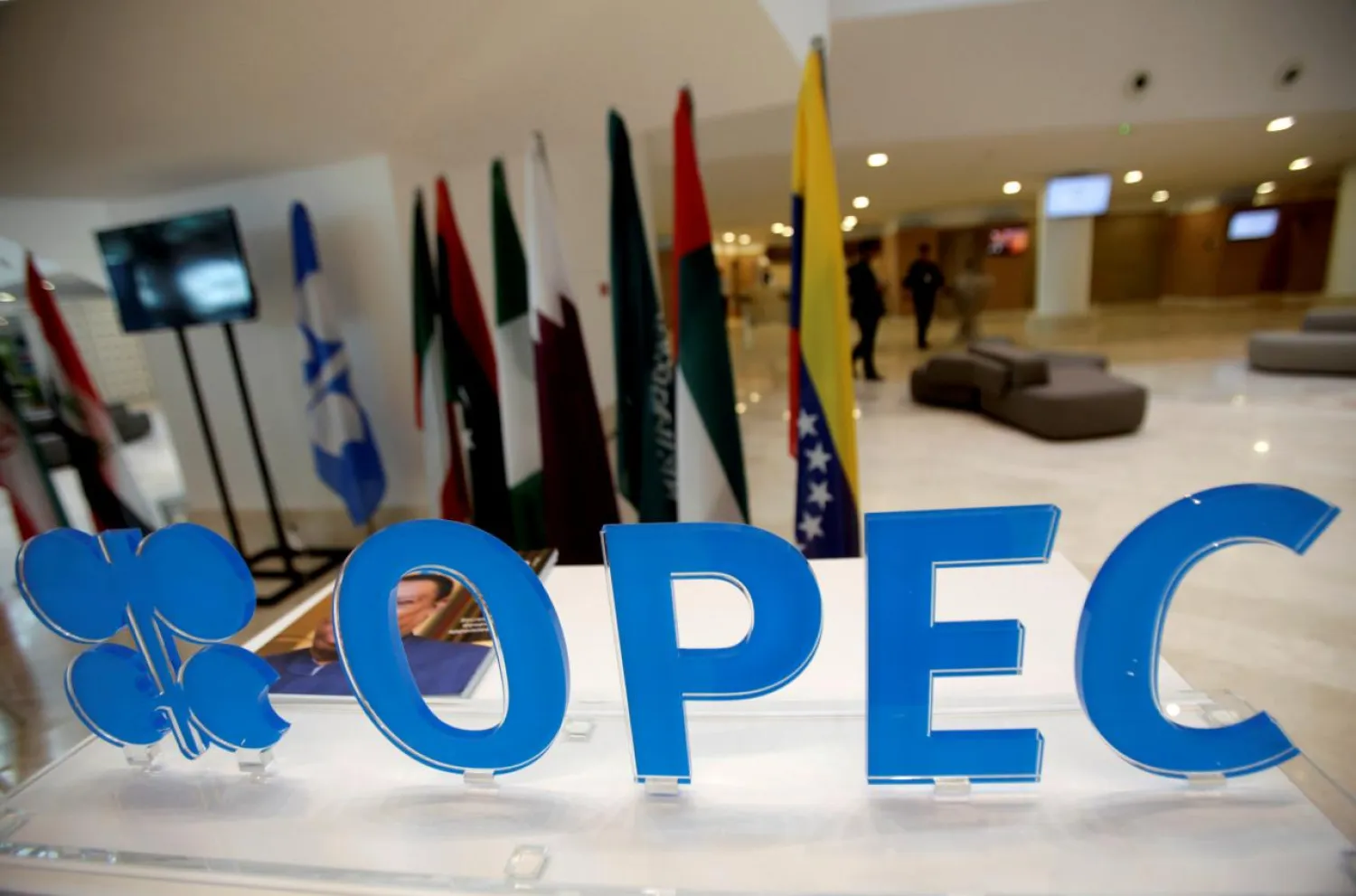Brent crude futures hit a one-month low on Tuesday after Bloomberg cited people familiar with the matter saying the US government has quietly asked Saudi Arabia and some other OPEC producers to increase oil production by about 1 million barrels a day.
Although the proposed increase is somewhat large, Goldman Sachs considered the increase requested by the US insufficient to raise commercial oil inventories in industrialized countries, which recently fell to negative levels below the five-year average.
But Goldman’s global head of commodities research, Jeff Currie, said an increase of that magnitude won’t prevent stockpiles from diminishing in the second half of this year.
“It’s not enough,” he said on the sidelines of the S&P Global Platts’ annual crude oil summit in London.
He downplayed the impact of an increase of 1 million barrels per day, insisting stockpiles would continue to edge lower in the second half of this year.
Oil demand is surging higher in 2018 and consumption in China is probably stronger than the market’s anticipating, indicated Currie.
Brent crude futures rose 9 cents to settle at $75.38 a barrel, a 0.12 percent gain. It touched a low of $73.81, its lowest since May 8.
US West Texas Intermediate (WTI) crude futures rose 77 cents to settle at $65.52 a barrel, a 1.2 percent gain. Earlier, WTI hit a session low of $64.22, the lowest since April 10.
Organization of the Petroleum Exporting Countries (OPEC) is due to meet in Vienna on June 22 to decide whether the group and a number of producers outside of the country, including Russia, will increase production to offset any potential supply shortfalls from Iran and Venezuela.
Sources with knowledge of the matter said on May 25 that Saudi Arabia and Russia were already considering an increase in oil production from OPEC and beyond by about 1 million bpd.
On Tuesday, Russian Energy Minister Alexander Novak said after a meeting with OPEC Secretary-General Mohammad Barkindo in Vienna that Russia and OPEC share a common view on the current oil market situation. He declined to provide further information.
On the other hand, chief executive of Indian private refiner Nayara Energy, a key buyer of Iranian oil, announced the company is prepared to replace Iranian oil if required under US sanctions and hopes to settle dues owed to Tehran for past purchases ahead of a November deadline.
Nayara, formerly known as Essar Oil, would leverage the vast network of its promoters Russia's Rosneft and trader Trafigura, to replace Iranian oil, if required under the US sanctions.
The company operates a 400,000 bpd sophisticated refinery at Vadinar in the country's west coast.
In April, Nayara's CEO B. Anand said the company was aiming to buy 120,000 bpd of oil from Iran in 2018/19, the same as the previous year, adding his company was receiving the same concessions as state-owned Indian refiners for Iranian oil purchases.
Anand also said he "most likely" expected Nayara to repay outstanding debt to Iran before the Nov. 4 deadline when the180-day "wind-down period" of US sanctions on Iran would end.
The company settled about 2 billion euros in dues to Iran to cover previous oil purchases and still owes around 500 million euros.









